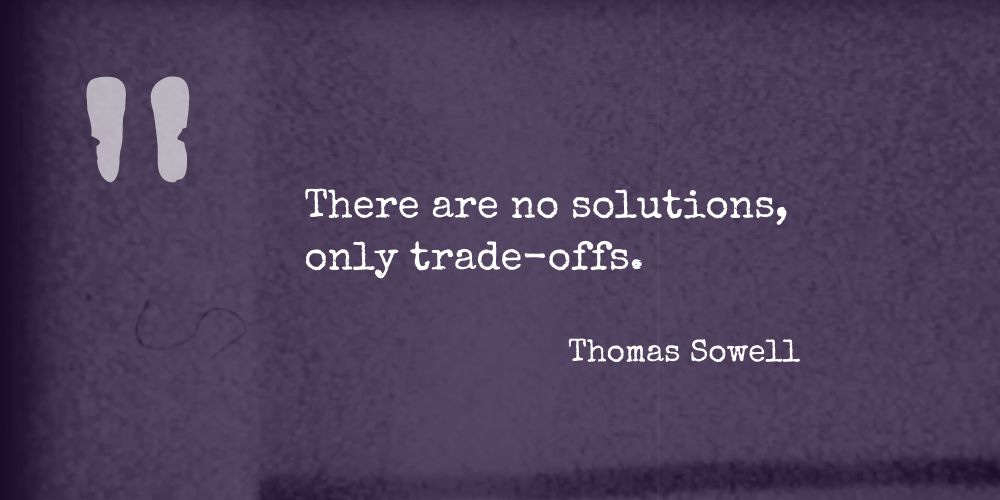Tech won't save us, except for all the times it will
Urbanists can advance the cause of human-scale design with some help from a basic economics observation.
I’ve been blogging since the early 2000s, and I’m always telling people how amazing the internet is. Any type of information available in seconds at your fingertips, or even by voice command? That’s wild! So in a sense, I’m a technology lover.
But in other ways, I’m a technological caveman. I was the last kid with a remote control car, it took me forever to buy a CD player, my tube TV lasted well into the lightweight flatscreen era, I’ve never owned an iPad, and the HVAC system in my house can’t be connected to an app.
My view on technology is generally, “how can it make life easier or more enjoyable?” So for me, the internet (and its technological offspring) is a wellspring of possibilities for human flourishing.
Urbanists declaring "tech won't save us" is little more than tribal clickbait.
If you follow stories about the future of mobility, you’ve seen your share of "tech won't save us" essays, letters to editors, and podcast interviews. At this point, they’ve become clickbait silliness. Polarized headlines that draw strong reactions have and will always work wonders. It’d be refreshing instead to read or listen to some challenging conversations about the trade-offs of transportation technology. Save the “7 Ways EVs Are Deadlier Than Asbestos, #4 Will Shock You” style for pop culture topics like the Oscars.
Maybe it surprises you that I recommend Nicholas Carr’s book, The Shallows: What the Internet Is Doing to Our Brains. Here’s one of his insights that stood out to me: "Reading & writing are unnatural acts, made possible by the purposeful development of the alphabet and many other technologies."
Thousands of years ago, people who couldn’t read came up with a technology to communicate with each other without opening their mouths. What’s a hunter to do when he leaves the cave for a full-moon hunting expedition, but his family’s down at the river washing furs? We take chicken scratch Post-It notes on the fridge for granted.
Letters, words, sentences—this stuff was technological advancement. I’m positive there were caveteens rolling their eyes at the pointlessness of the written word, casting verbal stones at the tribe’s tech bro.
Of course tech will save us. And of course it can't.
Context and details matter when we’re talking about smart cities and transportation technology. Who knows how many thousands of lives have been improved because AutoCAD made it easy to design bike lanes. And free web tools like StreetMix and Canva turned all of us into landscape architects and graphic designers.
Economics legend Thomas Sowell knows what’s what. There are no total solutions that leave everyone feeling safe and satisfied.
Everything we do, even protecting pedestrians, has a give-and-take relationship to other design issues. If every single street network was engineered to prohibit motor vehicles, millions wouldn’t make it to the hospital. But engineering streets for first responders to hurry to emergency scenes creates intersections that are deadly for pedestrians and bicyclists.
City dweller: Technology won't save you. These mobility apps are a scam. Just ride the bus.
Country dweller: We have no bus. Technology makes on-demand transit possible for me. Technology saves me from owning a car.
And in hot news this week:
Smart City critic: "Tech won't save us."
FAA: "Actually..."
There are no solutions, only trade-offs. Challenge each other to wrestle with the implications of different types of mobility evolutions, rather than falling for the good-vs-evil caricature.




